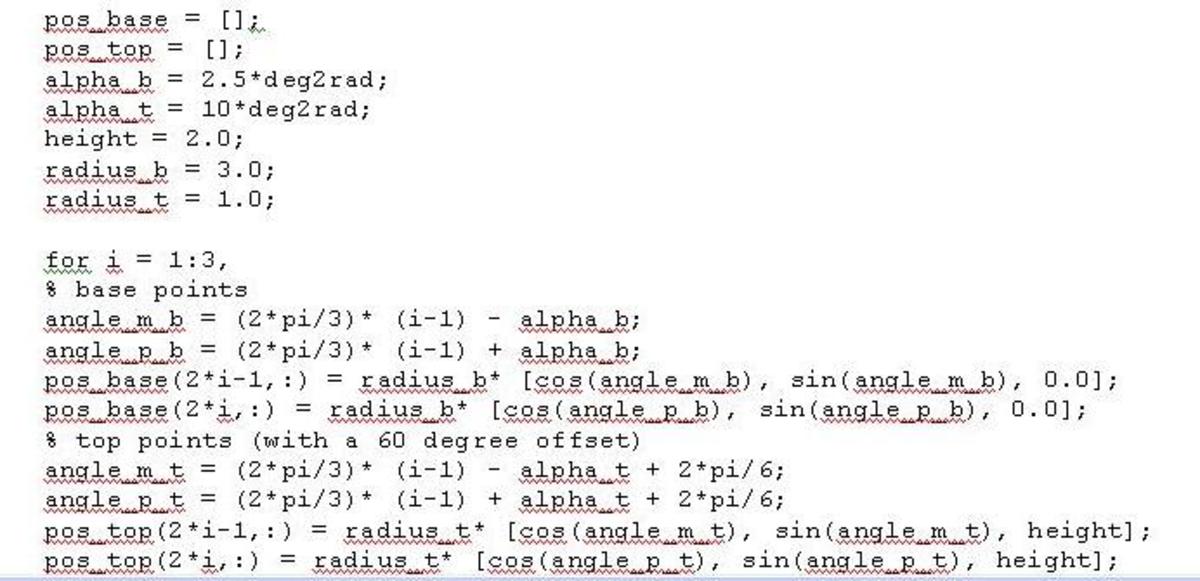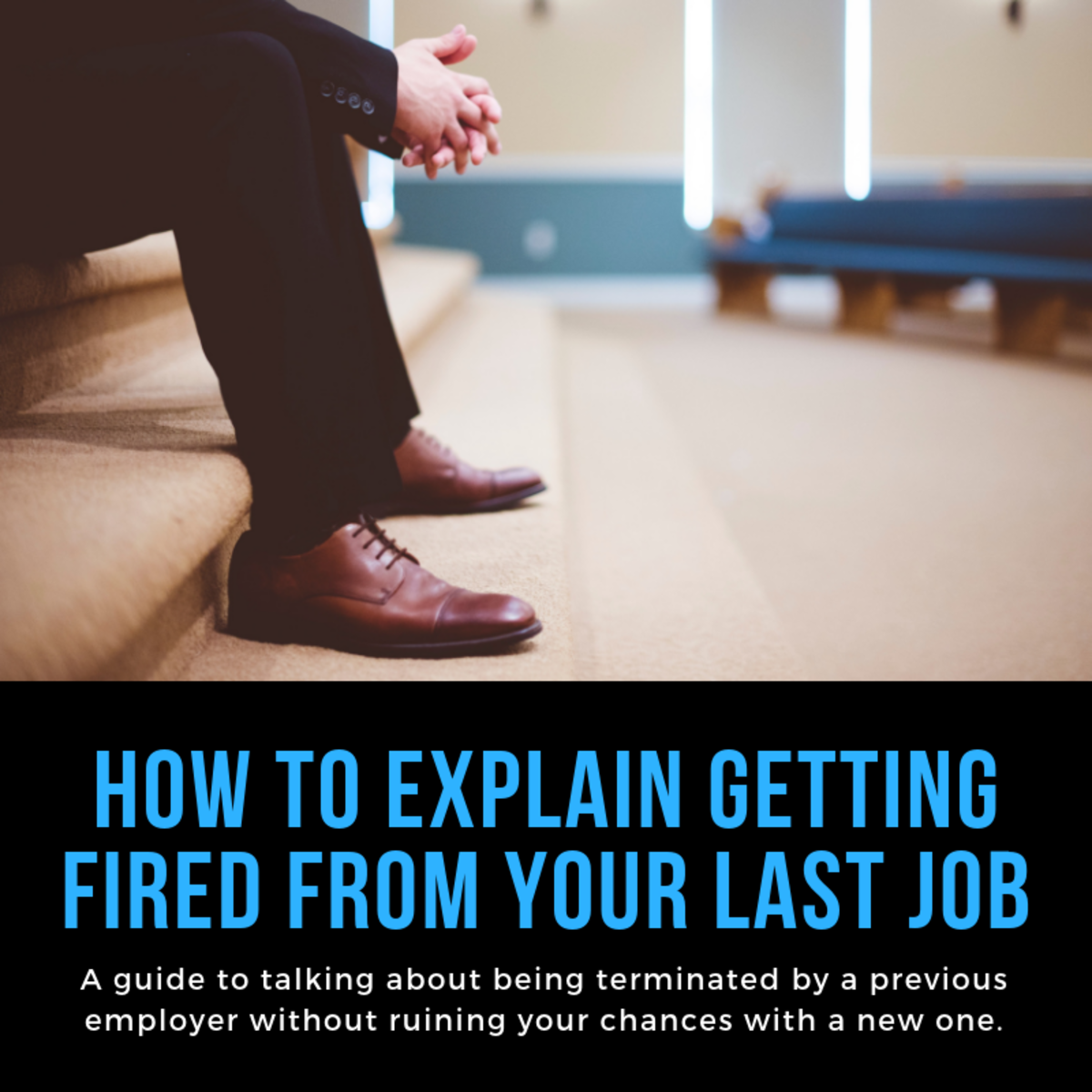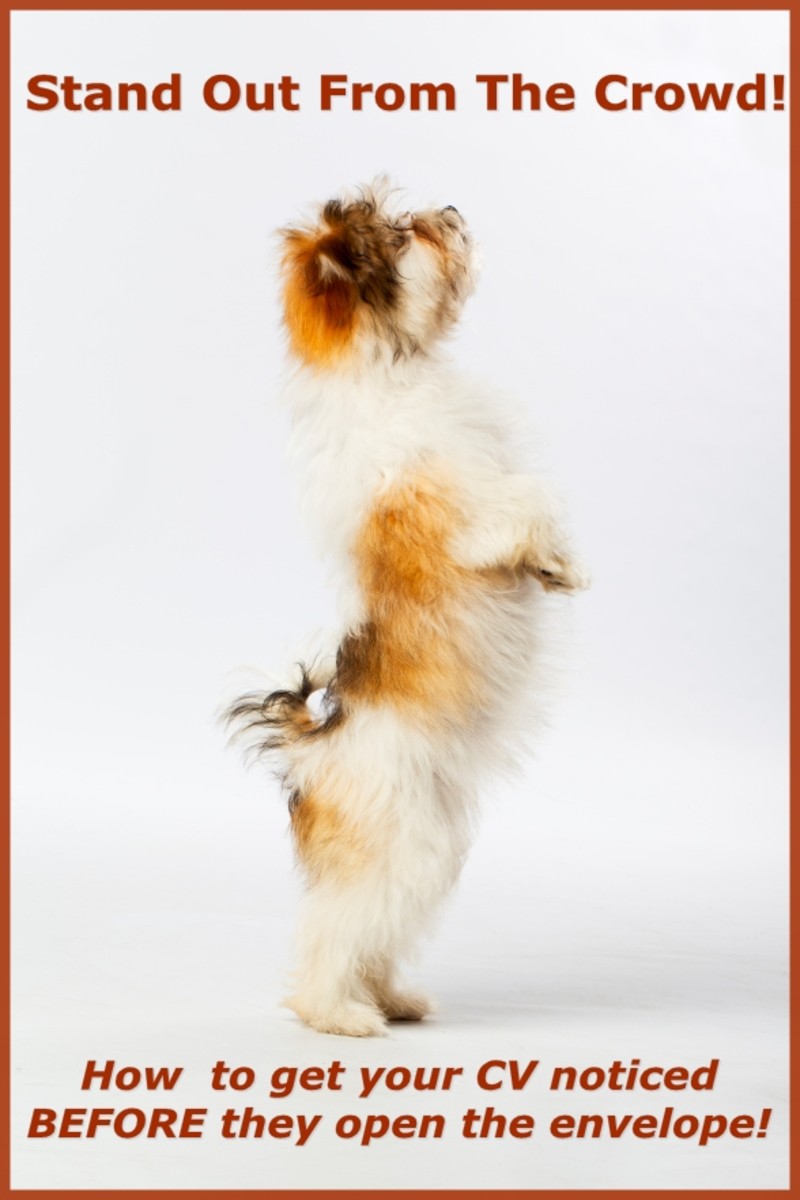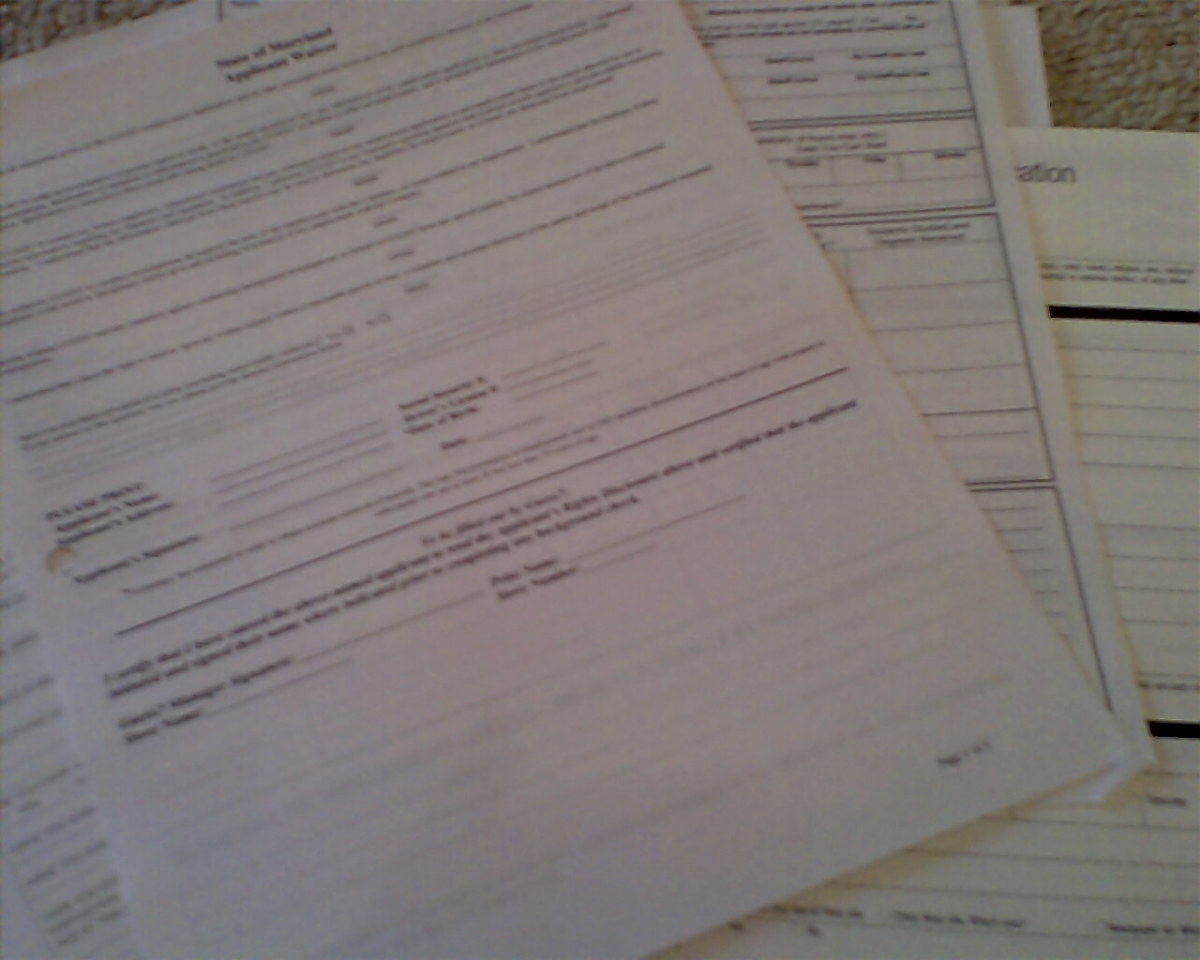How to Save Time on Resumes and Job Applications
Tips for Saving Time on Your Resume
Create several different resumes with each tailored to a different job position or industry. Then reuse these resumes throughout your job hunt.
List time with a temp agency as one, long time period instead of listing a series of individual assignments. This shortens the entry on the resume while appearing to have a more stable work history. One year with a temporary agency is better than listing five short term assignments. Highlight individual assignments only if they show desirable skills or prior experience with the employer to whom you are applying as an individual.
Focus on professional organization memberships such as ASME, Society of Black Accountants or industry associations. Leave off personal associations such as membership in religious groups, clubs and fun activities. The only exception would be if the recreational activity is related to the job. For example, someone who is applying for a job with a construction firm should list volunteer work with Habitat for Humanity. Someone who previously worked as an engineer but is now applying for a teaching position should list time spent volunteering as a literacy instructor or tutor to middle school students.
Leave off irrelevant degrees or certifications. For example, being licensed in CPR helps you if you are applying for a lifeguard position or childcare job, but it is irrelevant in most customer service positions.
Check to see if the group that issued your diploma or certification is included in the "do not apply" lists of the employer. For example, listing a Master's degree from the University of Phoenix may get your resume deleted before anyone reads it. Remove bullets that tend to get your resume digitally shredded by the HR software before a human reads it.
Do not list reasons for leaving an employer on the resume. Leave that for the interview, and only discuss it then if asked.
Drop the phrases "References available on request" and "Willing to learn" from your resume. It is assumed that you have references for prior employment and/or education and are willing to learn what is necessary to do the job.
It is not necessary to list every part time job you have held or a series of part time jobs during a period of unemployment or after graduation. You can list a date range with "Various short term positions" to indicate that you were not unemployed. You can explain this answer if asked in an interview, but you will not take up space on your resume listing time working at Subway and Half Price Books trying to make ends meet after being laid off by a big firm.
Do not list the names of employees you know on the resume. If you are applying for the position as a referral from an employee, include that information in the email that you send to the Hiring Manager.
Do not put salary requirements on the resume. That is best left for negotiations after you've been interviewed.
Never put your Social Security Number or Driver's License number on your resume. Anyone requesting this information before you've shown up for an interview is an identity thief.
Don't put personality traits on your resume or job application. Employers expect employees to be punctual. Clerks are expected to be detail oriented.
If a company prefers resumes with objective statements, list the specific job title in the objective. Otherwise, leave the objective statement off altogether. Leave off the objective statement. Your objective is already clear - to get a job with that company.
If you want a model resume, first ask someone who has been recently hired by the company to give you their resume as an example resume for you to build upon.
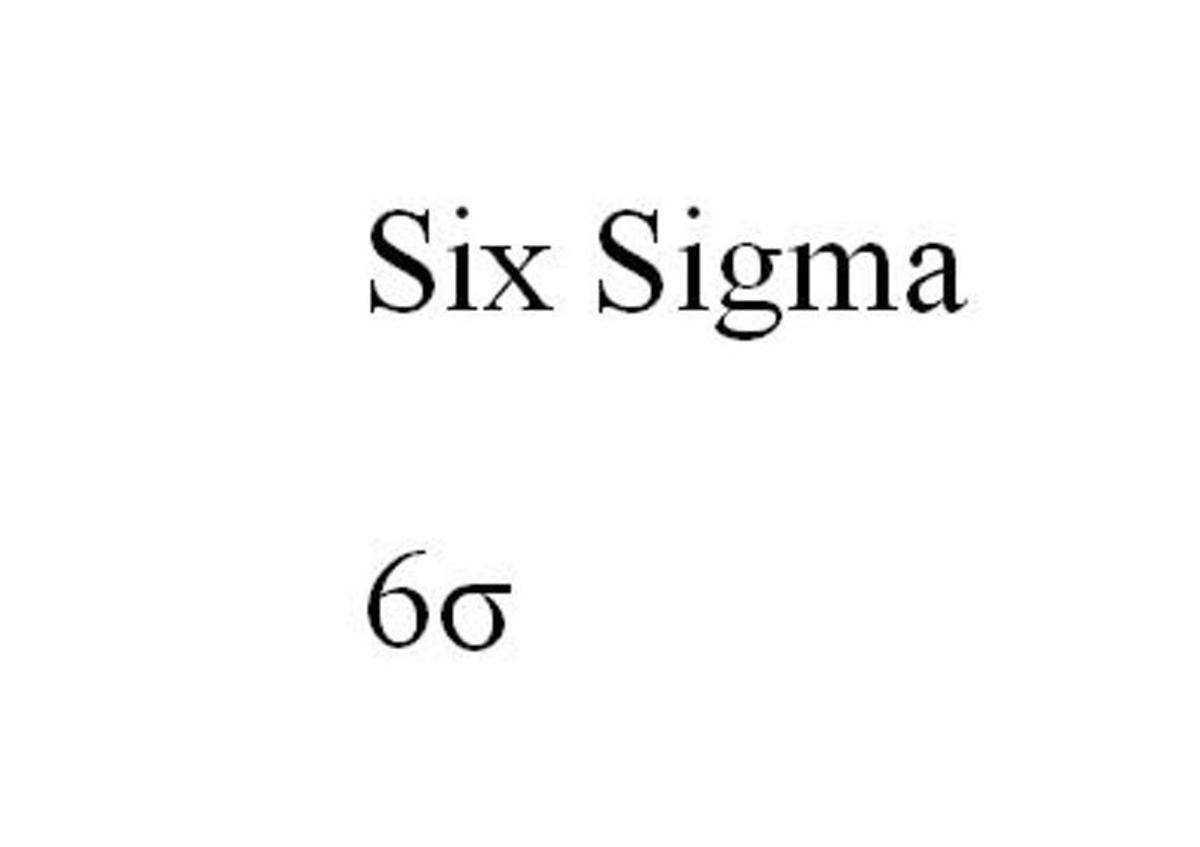
Saving Time on Job Applications
Focus on descriptions of the job experience and quantifiable accomplishments; employers want to know what you actually did and what you could do to help them.
Do not list hobbies unless it is applicable to the job. For example, a cell phone designer or aspiring DJ could state that he has an amateur radio license. Someone applying for an artisan pastry chef can show pictures of birthday cakes she made for her children.
If you have a visa that limits your ability to be hired, say so up front. Managers who bring you in for an interview and are blindsided by the requirement to sponsor your HB-1 visa as a condition of employment are less likely to hire you now or in the future.
Don't put your political affiliation on the resume unless you are seeking a position with a political organization. In any other circumstance, you will alienate at least 30% if not half of the people who read it.
Be specific in your descriptions of expertise and credentials. State "fluent in Chinese", not "Familiar with the Chinese language and culture". Write "Certified Professional Accountant (CPA)", not "financial professional with accounting expertise". Saying that you assisted with a task, are merely familiar with software or know of industry standards will hurt you if someone else says they have a certification or "five years experience performing IT audits".
When a job application requests references, put references who are currently employed and referred you to the position first. List references who already work there toward the top.
If you will send a job application letter to someone, include a copy of a formal job application along with your resume. Sending a letter without an application does not help you get the job if an application is required. Also know who should receive job application letters. Only send the job application letter to someone who can act upon it.
A cover letter and resume are appropriate when you are contacting someone without prior solicitation. A cover letter is not necessary when you are applying online.
If you are in no way qualified for the position, unless you have to apply to X number of jobs to continue receiving unemployment, don't bother applying for the job.
